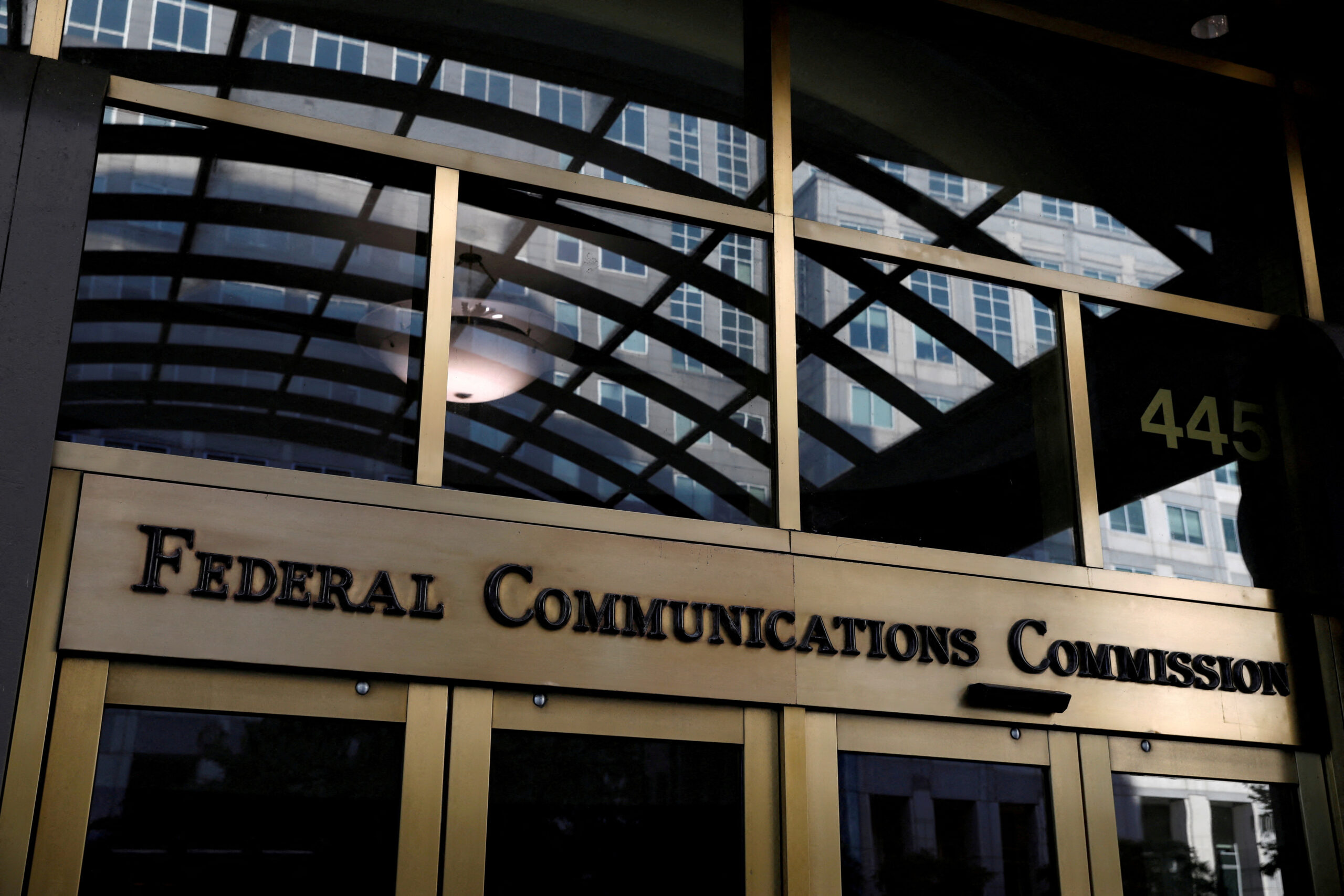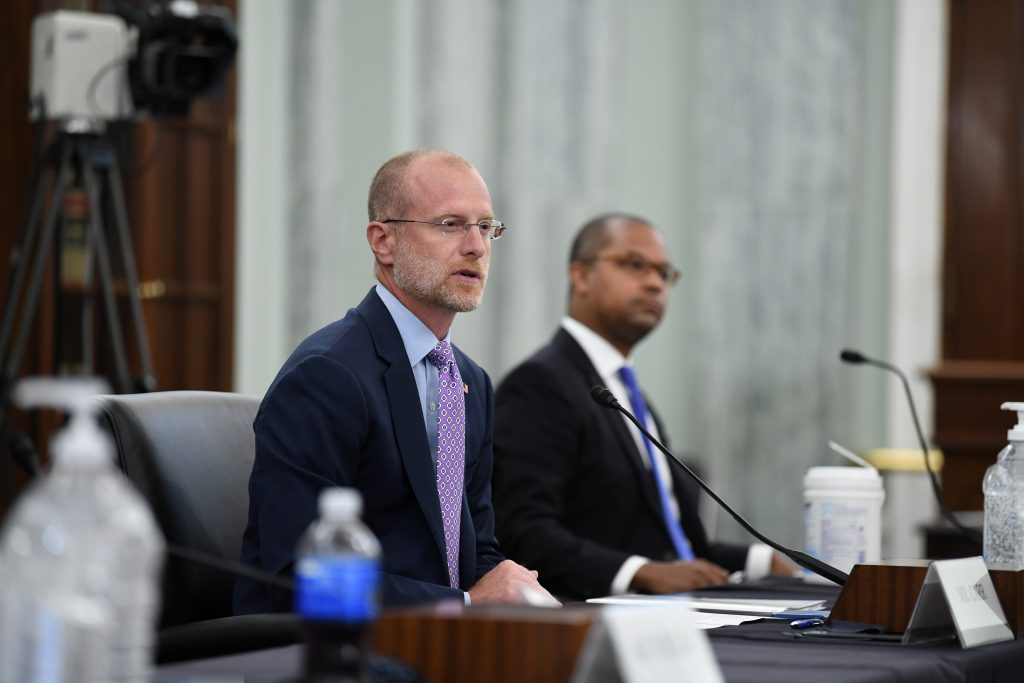Welcome to Our Research Archive
Search and filter by content type, issue area, author, and keyword

February 12, 2025
America Must Lead the AI Revolution—for Ourselves and Our Allies
Vice President JD Vance’s remarks at the AI Action Summit weren’t just another policy speech—they were a declaration of intent. The Trump administration is staking out a coherent vision: AI as a pillar of economic growth, national security, and American technological dominance. This approach recognizes that AI leadership isn’t just about research and development; it’s…

February 11, 2025
AI and the Future of Work Looks Bright
One of the hottest guessing games in workforce development is figuring out how generative artificial intelligence will affect jobs and how to prepare students and workers for an AI-infused economy. The future of work looks bright, but the full potential of AI to increase productivity and raise wages and incomes will only be realized if…

February 11, 2025
Trump v. CBS: When Politics, Journalism, Business, and FCC Authority Collide
Shortly after Donald Trump sued CBS in October over what he called “false, misleading, deceptive, and, therefore, unconscionable and detrimental news distortion” in editing a 60 Minutes interview with Kamala Harris, I contended that the lawsuit was likely meritless. While explaining that the Federal Communications Commission (FCC) is responsible for enforcing a rule against news distortion by over-the-air broadcasters, I questioned the lawsuit’s…

February 10, 2025
Hits and Misses
The term “scenario” was introduced by a group of researchers at the RAND Corporation in the 1960s. Herman Kahn explained its origin in 1979: “We deliberately chose the word [scenario] to deglamorize the concept . . . There is no a priori concept that a scenario should be taken seriously or that it is intended to reflect aspects…

February 10, 2025
The Deeper Question Raised by the NIH Grant Overhaul
Last week, in a classic Friday evening news dump, the Trump administration set off one of those frantic controversies that seem to be our fate for the next few years. A tweet from the official X account of the National Institutes of Health declared: The tweet was backed up by a more formal memo justifying the new policy on…

February 10, 2025
New FDA Policies Could Limit the Full Value of AI in Medicine
The application of artificial intelligence (AI) in medicine is expanding at an astonishing pace, mirroring the rapid advances in AI technology itself. Some experts within the field predict that in the next several years, developers may realize artificial general intelligence (AGI)—a revolutionary form of AI capable of understanding, learning, and applying knowledge across various tasks with…

February 10, 2025
DeepSeek’s Direct Challenge to Antitrust Orthodoxy
To understand what went wrong with antitrust during the Biden administration, look no further than former Federal Trade Commission (FTC) chair Lina Khan’s take on DeepSeek’s launch of R1, an artificial-intelligence (AI) platform. Rather than see the moment for what it is — a competitor arising by bypassing Biden’s supposedly insurmountable barriers to competition — she sees this…

February 10, 2025
The Specter of a Trade War
I haven’t written about tariffs at all, leaving it to Scott Lincicome to cover the ins and outs of tariff policy for Dispatch readers. But with the escalating trade war and a lot of open questions, I thought I would take a crack at trying to steelman President Donald Trump’s tariffs. While his rhetoric often seems impulsive, Trump’s push for tariffs…

February 7, 2025
Lessons from China’s DeepSeek: A Wake-Up Call for AI Innovation
In just a week, DeepSeek’s latest reasoning model erased a trillion dollars in market value, sparked new security concerns, and upended conventional wisdom about AI development. This forced policymakers and tech leaders to confront the implications of an affordable, high-performance model created by a geopolitical competitor. Chinese startup DeepSeek unveiled DeepSeek-R1, an advanced LLM that matches…

February 6, 2025
When Anti-Press Ascendancy Meets FCC Public Interest Regulation
Let’s start with an understatement: President Donald Trump isn’t happy with the way most American journalists are doing their jobs. During a December press conference, he proclaimed “we have to straighten out the press. Our press is very corrupt, almost as corrupt as our elections.” About six weeks earlier, Trump sued CBS, trying to straighten it out. The complaint…